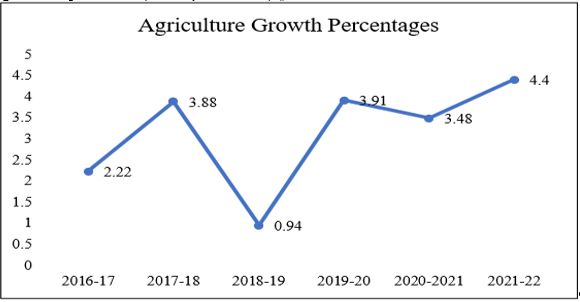Adoption of Farm Mechanization for Improved Yield in Pakistan: A Comprehensive Review
Keywords:
Mechanization, Farm Power, Yield, Agriculture, Tractors, PakistanAbstract
Agriculture plays a pivotal role in Pakistan’s economy, yet the sector faces significant challenges in productivity and efficiency, contributing to widening income disparities between rural and urban populations. This review explores the current status of the adoption of farm mechanization as a strategy to enhance agricultural yield in Pakistan. Despite the importance of agriculture in the national economy, mechanization levels remain low, constrained by financial barriers, inadequate infrastructure, and limited technical knowledge among farmers. The demand for mechanical sowing and spraying equipment has surged, evidenced by a threefold increase in sales from 2012 to 2022. Nearly all cereal threshing is mechanized, supported by an active market of 20,000–30,000 threshers annually. However, Pakistan’s farm power availability remains below the optimal level recommended by the FAO, adversely affecting crop yields, which are two to four times lower than those of developed and emerging nations such as China and Japan. Increasing horsepower per hectare and ensuring efficient machinery operation are imperative to close this gap. By addressing the challenges, Pakistan can enhance yield per unit area, ensuring sustainable growth in its agricultural sector and improving rural livelihoods.


















